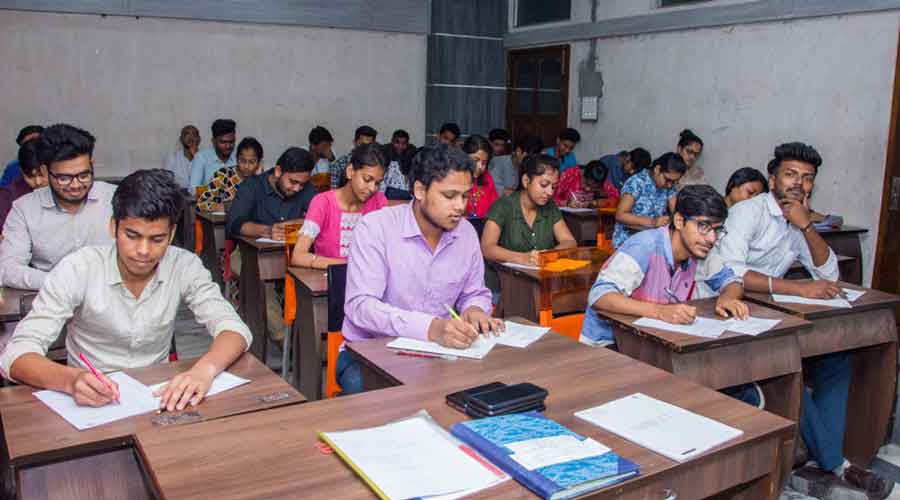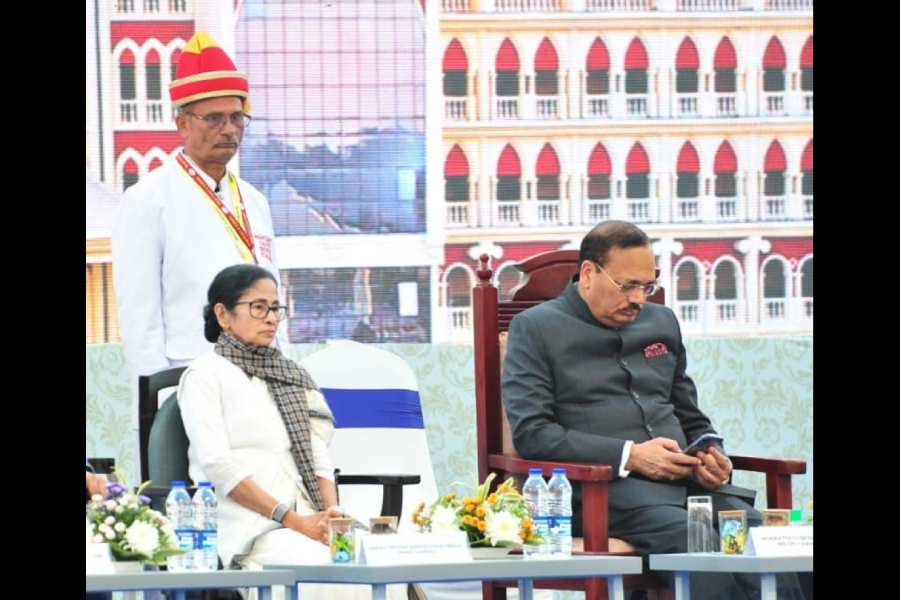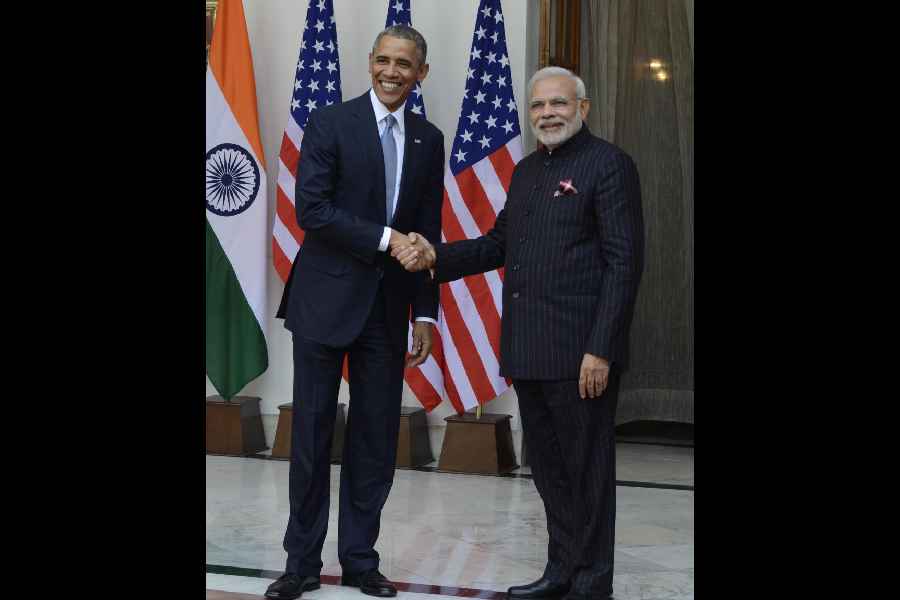The Rs 8-lakh family income cut-off for the economically weaker sections quota has presented the Centre with a set of contradictory pulls.
The central universities want the cut-off raised, arguing they cannot otherwise enforce the EWS quota in the appointment of senior faculty, just when a government panel is expected to suggest a lower cut-off following questioning of the existing criterion by the Supreme Court.
The varsities have underlined that to be appointed a professor or associate professor, a candidate must already be an assistant professor — a position with a salary higher than Rs 8 lakh a year. So, how can the senior faculty posts reserved for the EWS be ever filled unless the income cut-off is raised, they have asked.
However, recently the apex court flagged that the income cut-off for beneficiaries of OBC reservation too was Rs 8 lakh, and asked the Centre to justify the equal criteria for people unequal in every other way.
With the implication appearing to be that the EWS income cut-off should be lower – since the beneficiaries are socially more advantaged than the OBCs — the government has formed a three-member committee to revise the criterion.
It is likely to submit its report next week, a senior official in the social justice ministry said, unofficially confirming that it was expected to recommend an EWS income cut-off lower than Rs 8 lakh.
Asked how the central universities’ problem could be solved, he suggested that one option would be to de-reserve the senior faculty posts earmarked for the EWS category and implement the full 10 per cent quota at the level of assistant professors. Such an option would, however, reduce opportunities at the entry level for general category candidates.
“The government wants to fill all the vacant posts in the reserved categories by September 4 next year. Most of the universities have issued advertisements,” the vice-chancellor of a central university told The Telegraph, asking not to be quoted.
“Now we see that nobody from the EWS category is able to apply for the post of associate professor or professor. This matter has been taken up with the education ministry.”
An education ministry official said the cut-off has been decided by the social justice ministry, which alone can modify it.
Infrastructure woes
Nearly three years after the EWS quota was implemented and extra seats created at central higher education institutions to absorb its impact, these campuses are struggling to build the additional hostels and labs and appoint the additional teachers that these supernumerary seats demand.
The NDA government had hurriedly amended the Constitution and implemented the 10 per cent EWS quota – in central government jobs and central higher education institutions — in January 2019 ahead of the general election.
It had promised to increase the number of seats at the campuses so that the new quota did not eat into the seats open to general candidates. These seats have been created but without the necessary expansion in infrastructure or faculty, vice-chancellors have told the Centre, blaming a lack of adequate government funding.
In a reply to the Lok Sabha on August 3 this year, junior social justice minister Pratima Bhoumik said 2.15 lakh additional seats had been created in the central higher education institutions, including 1.5 lakh seats in the Indira Gandhi National Open University, 47,000 at the central universities and 13,000 in the IITs and the NITs.
But at a meeting last week with higher education secretary Sanjay Murthy, vice-chancellors of the central universities said they were yet to build the extra hostels. Some of them complained about lack of funds.
“The government has not given loans from the Higher Education Funding Agency. Because of Covid and the delay in loan processing, infrastructure expansion has been slow,” a vice-chancellor told this newspaper, requesting anonymity.










